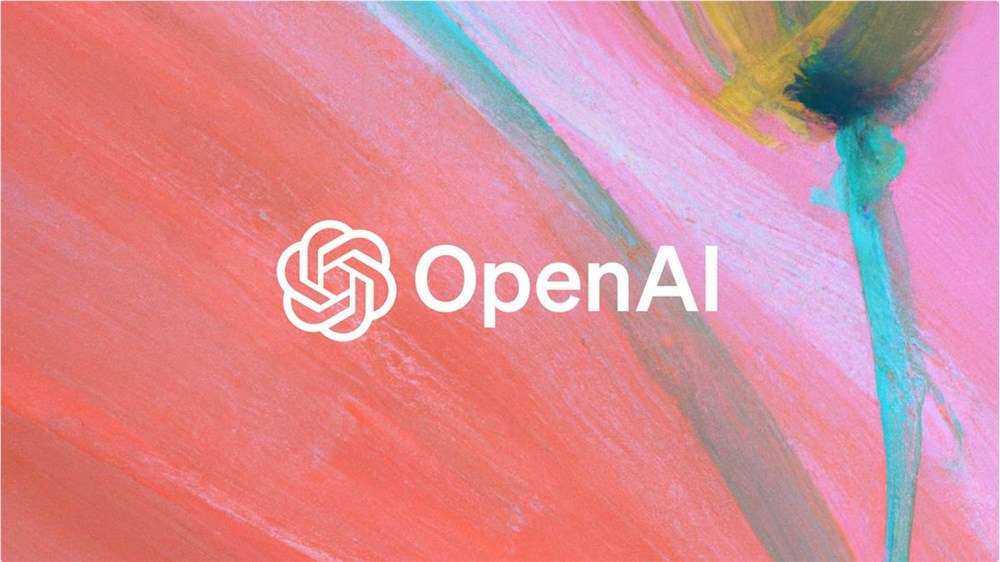OpenAI recently announced an internal structural adjustment, and Alexander Madrid, director of artificial intelligence security, was transferred to a new position focusing on artificial intelligence reasoning. This adjustment is not a demotion, but reflects OpenAI's recognition of Madrid's capabilities and its emphasis on research in the field of artificial intelligence reasoning. CEO Sam Altman acknowledged the appointment on social media, noting that Madrid will be involved in a new and important research project. This move attracted attention in the industry and also heralded OpenAI’s strategic direction in the development of AI security and reasoning capabilities.
OpenAI announced an internal restructuring plan on Tuesday. According to an announcement by the company's CEO Sam Altman on the social media platform
Altmann praised Madrid's work in a tweet, saying he was working on a new and very important research project. This transfer not only reflects the company's recognition of Madrid's capabilities, but also highlights OpenAI's emphasis on research in the field of artificial intelligence reasoning.

During their transfer to Madrid, OpenAI executives Joaquin Quinonero Candela and Lilian Weng will jointly take over the Preparedness team. The team is primarily responsible for identifying new risks in cutting-edge models and conducting safety assessments to reduce the catastrophic risks that artificial intelligence may bring.
It is worth noting that although Madrid’s focus has shifted, OpenAI officials stated that he will continue to participate in core artificial intelligence security work. In addition to holding a senior position at OpenAI, Madrid is the director of MIT’s Center for Deployable Machine Learning and the faculty co-lead of the MIT Artificial Intelligence Policy Forum. His rich experience and expertise are expected to bring new breakthroughs to OpenAI’s artificial intelligence reasoning research.
This reorganization reflects that OpenAI is actively promoting the development of artificial intelligence reasoning capabilities while maintaining AI security research. Industry insiders generally believe that this strategic adjustment will help OpenAI maintain its leading position in the highly competitive field of artificial intelligence.
OpenAI's move shows that it seeks a balance between the development of artificial intelligence safety and reasoning capabilities, and will continue to pay attention to potential risks of artificial intelligence while actively exploring the future possibilities of artificial intelligence. This strategic adjustment will have a profound impact on the artificial intelligence industry and deserves continued attention.